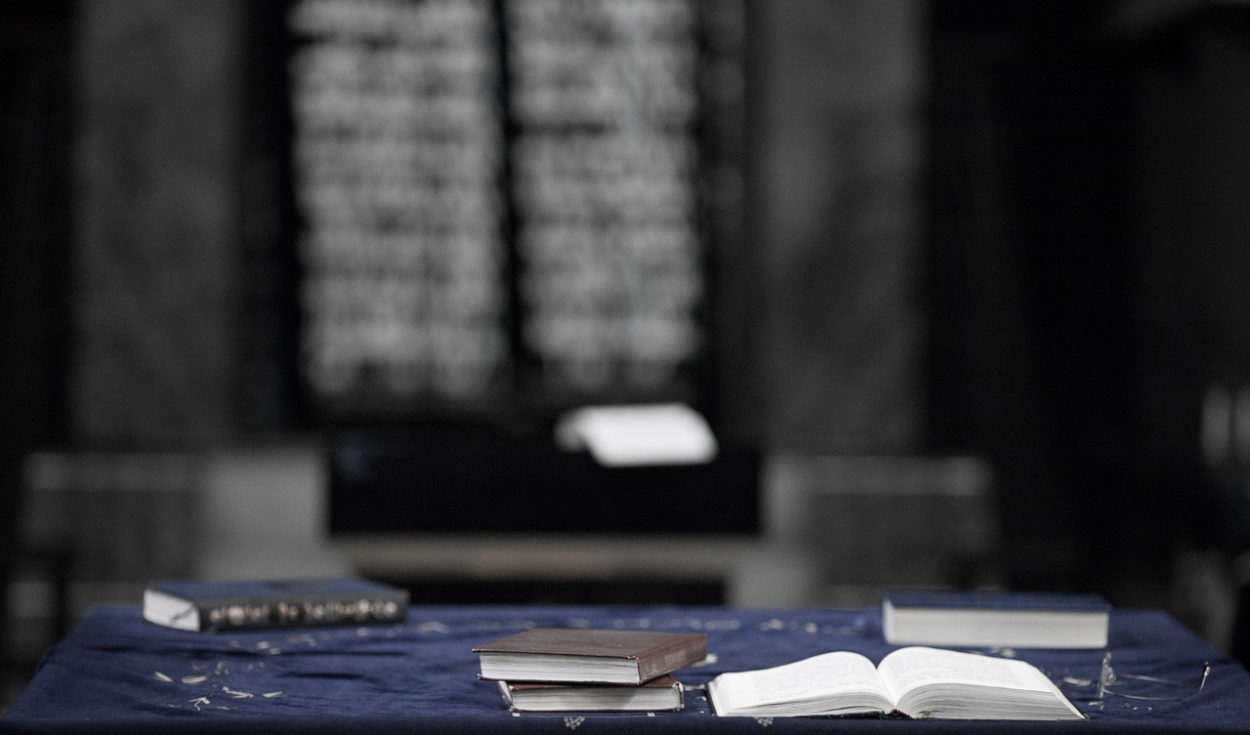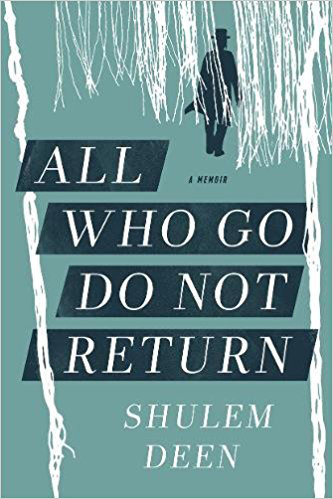All Who Go Do Not Return by Shulem Deen is a powerful account of the author’s escape from the ultra-Orthodox Jewish sect known as the Skverer Hasidim—an escape that ultimately costs him his relationship with his wife and kids. But it’s also more than that. It’s a book that raises interesting questions about belonging, identity, integrity and conformity.
The tale of escape is intriguing in itself. It sheds light on the realities of daily life for Shulem Deen as a Skverer Hasid in the town of New Square, NY. I learnt a lot of things I didn’t know, such as:
- Arranged marriages are common—Deen entered into an arranged marriage as a teenager with a girl he’d only met for 15 minutes, and ended up with five kids by his early twenties.
- Men are required to spend the first few years of marriage engaged in intensive Torah study, in exchange for a stipend.
- Education is primarily in Yiddish, with only rudimentary English and maths and no science or other subjects.
- Because of this, most men are ill-equipped for the workforce and rely on food stamps and other benefits; women, meanwhile, are expected to focus on the family, often raising ten or more children.
- Men and women are rigidly separated, and women must cover their hair or wear a wig. Sex is strictly controlled—it happens twice a week according to a prescribed routine, and when women are menstruating, they’re seen as unclean and even their husbands can’t have contact with them.
I think that, when reading a book like this, it’s important to remember that it’s one person’s point of view. Shulem Deen clearly found it very oppressive, but there are thousands of people who live this way, and I’m sure many of them are happy. The flip side of the rules and control is the strong sense of community, the mutual support, the close ties, the sense of belonging.

Which brings me to the second aspect of the book. It’s less about the particulars of the Skverer Hasid and more about the wider resonance of the choices Deen has to make. Fit in or stand out? Put yourself first, or your family and community? These are choices that we all have to make in different ways. Most of us have a much greater range of choices available to us than Shulem Deen did, and the consequences of our choices are less dire. But there are still expectations, constraints, boundaries beyond which we are not expected to tread. And when we do put our individuality first and go against the will of the collective, there are always consequences.
I find it interesting that some people are driven to follow their own course, while others are happy to fit right in the middle of the pack. When Deen describes his life after being expelled as a heretic, it doesn’t sound very attractive on the surface. We see him adrift in New York City, trying to make it as a writer while cobbling together friendships from loose, divergent networks. He watches movies, downs trendy shots in trendy bars, and dabbles in drugs. Objectively, if you tot up the pros and cons, it doesn’t seem worth losing his family for a life like this.
But that’s not really the point. Our lives are not balance sheets. You can’t put a price on integrity, honesty, being true to yourself and your principles. For Shulem Deen, staying within the Skverer Hasid community and pretending to believe in its values would have been a betrayal too great. In the end, his leaving seems inevitable. And yet he still mourns the loss of the life that gave him so much. There’s a quote I wanted to include about wishing he could have remained innocent, but I listened to it as an audiobook and can’t find it now.
All Who Go Do Not Return is reminiscent of Neo choosing the red pill in The Matrix or Eve eating from the forbidden Tree of Knowledge. It’s an age-old story, and one whose poignancy gets you every time. There’s a combination of gain and loss, excitement at the new knowledge and regret that you can never go back to a state of innocence. It’s also important to remember that, while the stories are written about the people who eat the apple, there are plenty of others who obey the rules and leave it on the branch. Some, perhaps, are never even tempted to reach for it.
Want to read more? Check out my other book reviews, or subscribe to my monthly newsletter.




There are 2 comments
Thanks for informing us about this book. I’m reading it now and enjoying it. It’s a fascinating peek into a hidden American culture stuck in a medieval Eastern European mindset.
Hi Jo, Thanks for visiting! I’m glad to hear you’re enjoying the book. I found it quite fascinating.